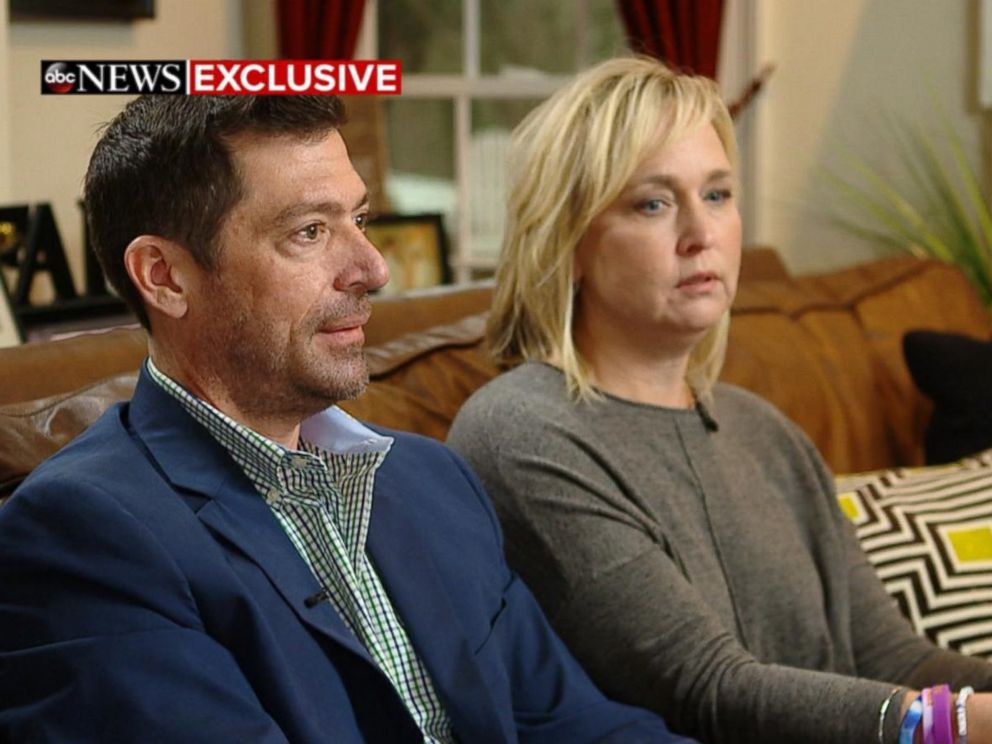The Hill
Obstacles emerge as GOP races to tax finish

By Alexander Bolton, Naomi Jagoda and Scott Wong – December 14, 2017
A revolt from two Republican senators concerned about the Child Tax Credit and the absence of two more Republican senators because of illness has injected fresh uncertainty into the GOP’s tax bill push.
The Senate was expected to vote first on the $1.5 trillion tax package, but that is now in doubt as GOP leaders aren’t absolutely sure they’ll have enough votes early next week to pass it.
Leaders have little room for error. The Christmas recess is fast approaching and soon they will see their Senate majority fall by one vote because Democrat Doug Jones won the Alabama special election on Tuesday.
Jones could be sworn into office as soon as Dec. 26, though it’s more likely that he will be seated after New Year’s Day.
 Sen. Marco Rubio (R-Fla.) lobbed a bomb into the final negotiations Thursday by threatening to vote against the bill unless it makes the Child Tax Credit more generous to people who don’t pay income taxes.
Sen. Marco Rubio (R-Fla.) lobbed a bomb into the final negotiations Thursday by threatening to vote against the bill unless it makes the Child Tax Credit more generous to people who don’t pay income taxes.
“Right now it’s only $1,100. It needs to be higher than that,” Rubio told reporters, referring to the amount of the credit that is refundable in the Senate-passed tax bill. The amount was indexed to inflation.
“I understand that this is a process of give and take, especially when there’s only a couple of us fighting for it,” he said. “Given all the other changes they’ve made in the tax code leading into it, I can’t in good conscience support it unless we are able to increase the refundable portion of it.”
Rubio is working with Sens. Mike Lee (R-Utah) and Tim Scott (R-S.C.), a member of the conference committee working on the final tax bill.
Lee’s office says he’s undecided about how to vote, pending the outcome of the Child Tax Credit debate, while Scott said, “I’m certainly interested in seeing it sweeter.”
Making the Child Tax Credit fully refundable would cost $87 billion over 10 years — a significant amount that won’t be easy to pay for. Negotiators are already straining to cover the costs of other fixes, such as lowering the top individual tax rate to 37 percent and allowing people to deduct up to $10,000 for state and local taxes.
It does not appear, however, that the Child Tax Credit will be indexed to inflation in the bill, which means middle-class families would likely see the benefit shrink in future years.
Republican leaders earlier this week said they planned to pass the revised tax bill through the Senate first and then through the House.
One reason they cited was that it would give them some breathing space in case the Senate parliamentarian ruled against some of the last-minute changes hammered out by negotiators in recent days.
But a Senate-first approach was thrown into doubt Thursday because of the debate over the Child Tax Credit and the prolonged absence of two senior lawmakers, Sens. John McCain (R-Ariz.) and Thad Cochran (R-Miss.).
McCain is at Walter Reed Medical Center receiving treatments from the side effects of cancer therapy, while Cochran is recovering from an operation to remove a lesion from his nose. Both of them missed every Senate vote this week.
A senior GOP aide said leaders can’t be completely sure that McCain will be back, given the severity of his illness, calling his possible absence next week, “a serious problem.
An aide to Cochran said his boss “is in Washington and expects to vote for the tax plan when it comes to the Senate next week.”
Speaker Paul Ryan (R-Wis.) told reporters Thursday that he now doesn’t know which chamber will move first on the tax bill, which means it may take Senate Majority Leader Mitch McConnell (R-Ky.) more time than expected to line up the votes.
Senate Republican Whip John Cornyn (Texas) confirmed Thursday evening that the timing of the bill is up in the air.
“That’s in some flux,” he said, but added, “in all likelihood, we’ll be voting on Tuesday.”
Cornyn expressed confidence that negotiators would be able to bring Rubio around to voting yes.
“We’re still working with him and expect to satisfy his concerns,” he said.
Cornyn also voiced confidence in McCain’s return.
“My expectation is he’ll be here. He’s resting up and so we hope to see him then,” he said.
Republicans control 52 Senate seats and can afford only two defections, as Democrats are expected to vote in unison against the legislation. Vice President Mike Pence would break a 50-50 tie.
Pence announced Thursday that he would delay a trip to Israel and Egypt next week in case his vote is needed.
Leaders lost one Republican, Sen. Bob Corker (R-Tenn.), when they first passed the bill through the Senate earlier this month, and he appears unlikely to back the final legislation.
Corker told reporters “the issues I had before are still there,” though he hasn’t ruled out voting for the bill when it comes back to the floor next week.
Sen. Susan Collins (R-Maine), another key swing vote, hasn’t yet committed to voting for the bill. She has expressed concern over the lowering of the top individual rate from 39.6 percent to 37 percent.
But Collins has won other major concessions, such as the $10,000 deduction for state and local taxes, as well as a promise from Pence and GOP leaders to pass legislation to subsidize insurance companies and set up high-risk insurance pools for sick people.
The various proposals to raise more revenue to offset the cost of tax relief could prove controversial.
Senate Finance Committee Chairman Orin Hatch (R-Utah) told The Washington Post Thursday that one option for saving money is to phase out the individual tax cuts in 2024, a year earlier than the original Senate bill envisioned. Other senators denied that the idea is under consideration, however.
Sen. Ron Johnson (R-Wis.) said the final bill will set higher tax rates for cash and assets that companies have stashed oversees — 15 percent for cash and 8 percent of other assets, rates higher than were set in the Senate- and House-passed bills.
Sen. Mike Rounds (R-S.D.) described some of the pay fors as “a little bit of spinach” for the business community, such as extending the timeline over which companies may write off certain assets.
House Ways and Means Committee Chairman Kevin Brady (R-Texas) said members of the conference committee would be able to sign or not sign the group’s report on Friday morning from 10 a.m. to 12 p.m.
He said the bill will be posted online for the public later in the day.
Peter Sullivan contributed.
 © Greg Nash
© Greg Nash
 © Getty
© Getty Retired physician Jeffrey Menn
Retired physician Jeffrey Menn The Trump administration declined to extend the ObamaCare sign-up period amid the last-minute surge of enrollees, a break with the precedent set under the Obama administration.
The Trump administration declined to extend the ObamaCare sign-up period amid the last-minute surge of enrollees, a break with the precedent set under the Obama administration. The hour is late, but the fight is not over. Photographer: Andrew Harrer / Bloomberg
The hour is late, but the fight is not over. Photographer: Andrew Harrer / Bloomberg The unemployment rate could rise. Photographer: Luke Sharrett/ Bloomberg
The unemployment rate could rise. Photographer: Luke Sharrett/ Bloomberg Sen. Marco Rubio (R-Fla.) lobbed a bomb into the final negotiations Thursday by threatening to vote against the bill unless it makes the Child Tax Credit more generous to people who don’t pay income taxes.
Sen. Marco Rubio (R-Fla.) lobbed a bomb into the final negotiations Thursday by threatening to vote against the bill unless it makes the Child Tax Credit more generous to people who don’t pay income taxes.


 Rae Ann Gruver and Stephen Gruver pose with their children in this undated family photo.
Rae Ann Gruver and Stephen Gruver pose with their children in this undated family photo. Rae Ann and Max GruverFacebook
Rae Ann and Max GruverFacebook